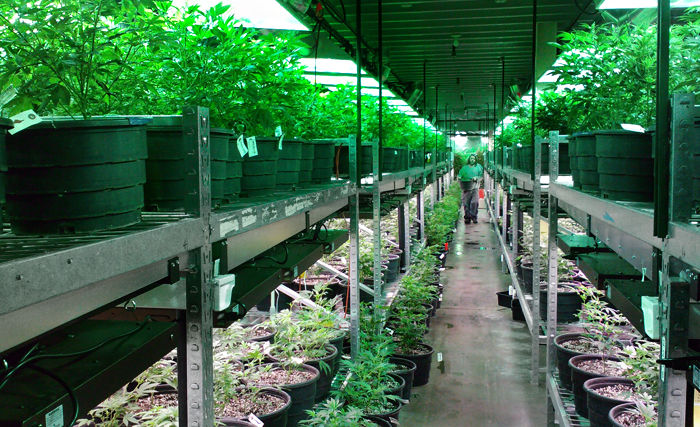The Canadian Life and Health Insurance Association (CLHIA) generally supports the approach the federal government is taking on regulating medical cannabis, but says some proposed changes outlined by Health Canada may result in certain “unintended consequences.”
In a letter to the Cannabis Legalization and Regulation Secretariat, the CLHIA says it agrees with the current model of using licensed producers and a signed medical document for patients to receive medical cannabis.
But the industry association is not in line with all of Health Canada’s recommendations. In one instance, Health Canada suggests that those who buy cannabis for medical purposes from a federally licensed seller and are over 18 should also be allowed to cultivate their own cannabis for their own use.
Home grown cannabis
The CLHIA on the other hand, wants to ensure that medical cannabis is available only through federally licensed sellers. It says this is because some insurers may not recognize home-grown medical cannabis as a reimbursable product because there is no process insurers have to confirm that the plants were grown at home and consumed.
Health Canada is also recommending that the patient’s prescription be returned to the patient or transferred to federally licensed sellers. But the CLHIA recommends that any transferring of the prescription take place only between federally licensed sellers and not returned to the patient, reducing the potential for fraud and abuse.
Multiple orders
In addition, Health Canada is proposing to remove the current 30-day limitation period so a licensed producer can’t fill multiple orders for the same client during that period, ending up with more than a 30-day supply. But the CLHIA says it’s not clear whether the multiple orders would be limited in quantity or if 30 days of the product could be filled multiple times. The CLHIA recommends that medical marijuana be treated like all other prescriptions. Typically, a 30-day supply of a prescription drug isn’t expected to be refilled until about two-thirds of the first dosage is completed.
As well, Health Canada wants health products with lower levels of the active chemical ingredients THC and CBD to be available as a non-prescription health product. “This would be a new pathway to market for non-prescription health products with cannabis.”
But the CLHIA wants it made clear that these health products would be similar to over-the-counter drugs and would not qualify as “medical cannabis” with the benefits that come with a prescription.
Medical marijuana has been legal in Canada since 2001. Recreational marijuana is set to be legalized in the country by July.




